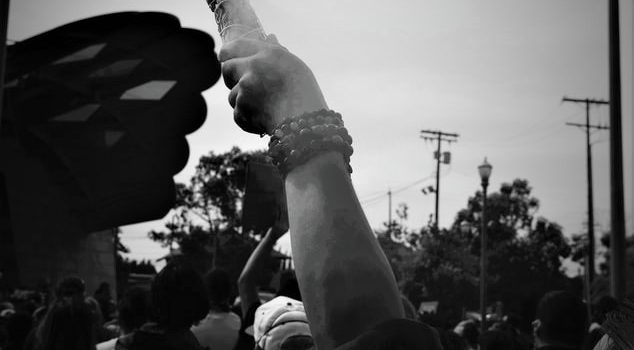An Introduction to Climate Change and Its Impacts on Indigenous Peoples – Tulane Environmental Law Journal
Karuk Climate Adaptation Plan
USDA – Restoring California Black Oak Ecosystems to Promote Tribal Values and Wildlife
2020 World Indigenous Peoples Day Interview with Walter Echo-Hawk
Since 1995, the United Nations has designated August 9th as the annual International Day of the World’s Indigenous Peoples. The day marks an occasion to celebrate, raise awareness about, and help to protect and promote the rights of indigenous peoples
Advisory Council on Historic Preservation

Advisory Council on Historic Preservation’s Statement on the United Nations Declaration on the Rights of Indigenous Peoples
Policing and Human Rights – Native American Rights Fund and University of Colorado Law School Project Condemn Killings and Call for Law Reform to Address Police Brutality and Racism

June 3, 2020 In response to recent incidents of police brutality and racism in the United States, the Project to Implement the UN Declaration on the Rights of Indigenous Peoples expresses its solidarity with African Americans and other people of
Panel Highlights Pandemia and Indigenous Communities: the meaning of COVID-19 for the Rights of Indigenous Peoples in Abya Yala
On May 27, 2020, the Promise Institute for Human Rights brought together experts for a virtual panel discussing the meaning of COVID-19 for the rights of indigenous peoples in Abya Yala. The panel was organized and moderated by Joseph Berra,
The University of Colorado Scott Lecture 2015: Indigenous Peoples and Jurisgenerative Moment in Human Rights, Professor Kristen A. Carpenter
As indigenous peoples have become actively engaged in the human rights movement around the world, the relationship between indigenous peoples and international law, once deployed as a tool of imperial power and conquest, has begun to change. Increasingly, international human
